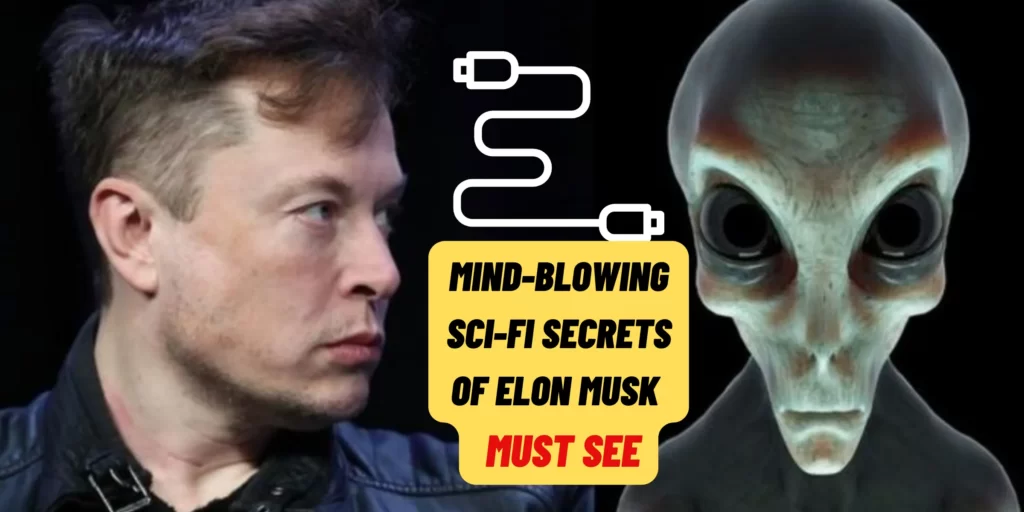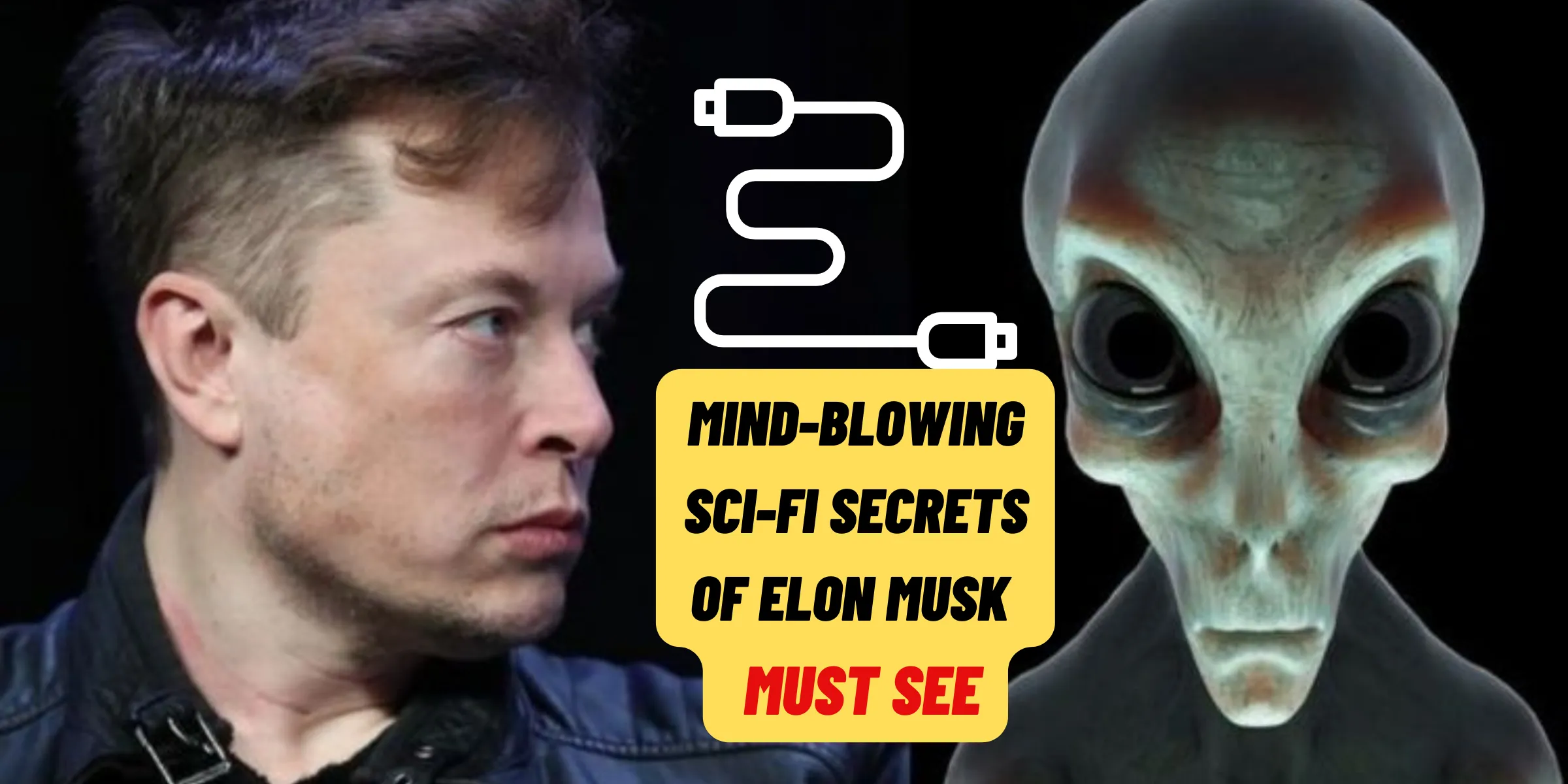Elon Musk, a figure of both admiration and controversy in the tech and business sectors, has consistently sparked conversations about his beliefs and decision-making processes. While Musk draws influence from a wide array of figures including historical icons like Napoleon and contemporary thinkers such as William MacAskill, one consistent thread running through his life is his profound connection to science fiction literature.

Musk’s eclectic mix of influences significantly shapes his innovative ideas and audacious business ventures. His upbringing in South Africa, exposure to effective altruism, and interactions with various philosophers have all contributed to his worldview. However, one source of inspiration that has remained unwavering from his formative years to the present is his deep-rooted affinity for science fiction.
A particularly intriguing aspect of Musk’s engagement with science fiction is his tendency to draw motivation from the genre’s narratives of visionaries employing advanced technology to overcome seemingly insurmountable challenges. This fascination is evident in his consistent references to three science fiction stories that he attributes as key influences, offering insights into his mindset and potentially informing his decision-making.
Douglas Adams’ “The Hitchhiker’s Guide to the Galaxy” holds a special place in Musk’s heart. This satirical comedic science fiction novel humorously tackles humanity’s quest for meaning in the universe, following the lone human survivor after Earth’s destruction. Musk has highlighted the story’s emphasis on the complexity of questions as resonating with him. The novel’s portrayal of a supercomputer seeking the answer to “life, the universe, and everything” seems to have left an imprint on Musk’s recent venture, xAI, a company focused on understanding the fundamental nature of the universe.
Critics, however, argue that Musk’s interpretation of the story may miss its underlying message. Harvard historian Jill Lepore points out that Adams’ work critiques the idea of sending affluent individuals to establish luxury colonies on other planets—a notion that Musk appears to endorse through projects like SpaceX.
Another influential work shaping Musk’s perspective is Isaac Asimov’s “Foundation” series. This science fiction epic explores the rise and fall of civilizations in cycles, a theme that resonates with Musk’s discussions about extending human life beyond Earth. Asimov’s concept of utilizing “psychohistory” to predict the decline of empires could contribute to Musk’s concerns about potential threats to human civilization.
However, critics counter that Musk’s fixation on space travel could divert attention from pressing issues on Earth. Jonny Diamond, editor-in-chief of Literary Hub, raises concerns about Musk prioritizing space colonization over addressing urgent environmental challenges.
Musk’s affection for the cyberpunk video game “Deus Ex” also provides insights into his sci-fi influences. The game’s futuristic themes align with Musk’s interests, and he has referenced it in relation to his company, Neuralink. Nevertheless, fans of the game have pointed out instances where Musk’s interpretations overlook certain nuances of the game’s storyline.
Musk’s genuine passion for science fiction undeniably plays a role in shaping his innovative thinking, although its influence may not always perfectly align with the intended messages of the works he admires. As the world continues to dissect Musk’s motivations and choices, his journey through the realms of science fiction offers a distinctive lens through which to understand his intricate persona.








